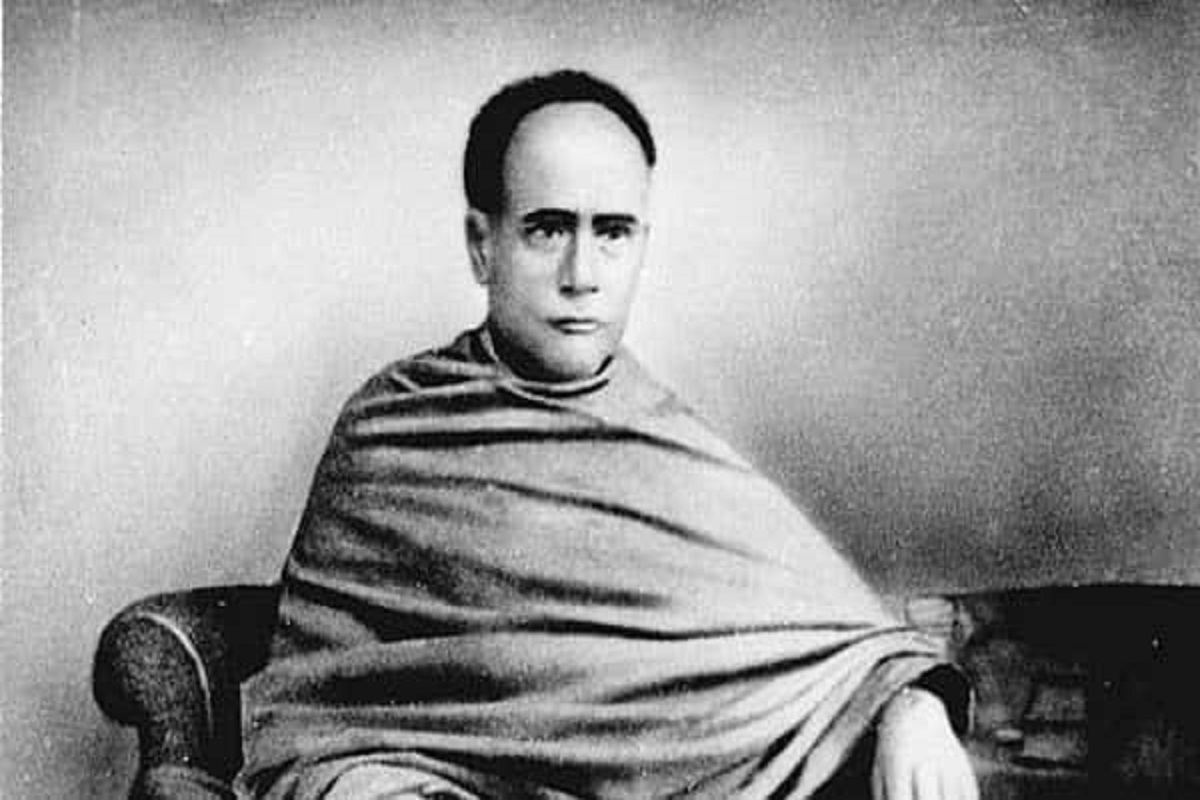Ishwar Chandra Vidyasagar, also known as Ishwar Chandra Bandyopadhyay, was an Indian educator and social reformer of the nineteenth century. He was born on September 26, 1820 in Birsingha village in Paschim Medinipur District (erstwhile undivided Midnapore District) and died on July 29, 1891 in Calcutta (now Kolkata), India.
His efforts to simplify and modernise Bengali prose were significant. He also rationalised and simplified the Bengali alphabet and type. He was the most prominent campaigner for Hindu widow remarriage, petitioning the Legislative Council despite severe opposition. Lord Dalhousie personally finalised the bill and the Hindu Widows’ Remarriage Act, 1856 was passed.
Against child marriage, efforts of Vidyasagar led to Age of Consent Act, 1891. In which the minimum age of consummation of marriage was 12 years. He was also associated as secretary with Hindu Female School which later came to be known as Bethune Female School.
He excelled in his undergraduate studies of Sanskrit and philosophy at Sanskrit College in Calcutta, where he studied, and was given the honorific title Vidyasagar (‘Ocean of Knowledge’).
Vidyasagar worked endlessly to provide equal education to all men and women irrespective of their caste, religion and gender. He allowed people from lower castes in his Sanskrit college that was meant only for upper caste men. Vidyasagar worked to uplift the status of women in India, especially in his native Bengal .
In conclusion, Ishwar Chandra Vidyasagar was a pioneer in education and social reform who made significant contributions to various fields. His legacy continues to inspire generations of educators and social reformers.
?im=FitAndFill,width=1200,height=675)